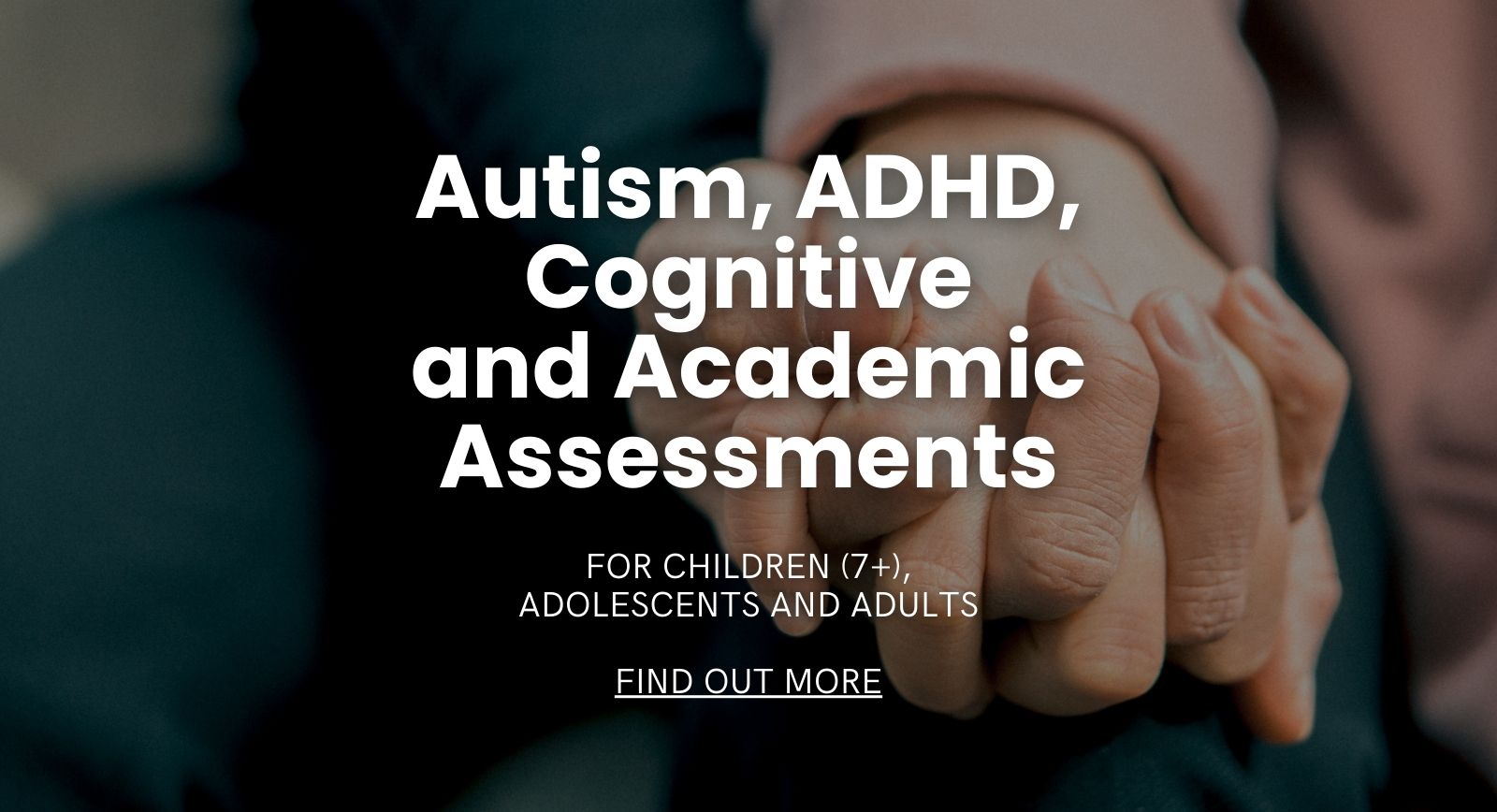Articles
Benefits of a Neurodiverse Workplace The business landscape is rapidly evolving, and embracing diversity in all its forms has become a cornerstone of innovation and success. This includes cultural diversity, diversity of skills and talents, education backgrounds, and neurodiversity. Neurodiversity refers to the variation in the human brain regarding sociability, learning, attention, mood, and other
> Read MoreThe Power of Understanding Neurodivergence For neurodivergent individuals, an assessment may be the first step towards understanding their unique brain wiring. A diagnosis may feel like a revelation that provides context to their experiences, behaviours, and interactions with the world. “Diagnosis is the start, not the finish, of the journey” – Hayden. “On the day
> Read MoreSigns of Autism in Women If you’re a female exploring the possibility that you might be on the autism spectrum, this article is for you. Autism, a neurodevelopmental condition characterised by differences in social interaction, communication, interests, and behaviors, is often underdiagnosed in girls and women. This is partly because traditional perceptions and studies of
> Read MoreWhen your child is on the Autism Spectrum, navigating the school and education environment can be challenging. You may feel out of control, as you are not able to protect and support your child to the same extent as when you are at home. Tackling these challenges involves understanding your child’s unique needs and working
> Read MoreIn a world where media plays a significant role in shaping our perceptions, it’s crucial to ensure that neurodiverse children see themselves accurately and positively reflected on screen. Whether it’s in books, movies, TV shows, or digital content, representation matters. In this blog, we’ll embark on a journey to explore the importance of neurodiverse representation
> Read MoreAs a teacher, you are able to witness how children behave when they are separated from their family, in a social environment where learning is a key focus. In the school environment, you may notice things that parents don’t particularly get to see. So how do you approach a family, kindly and respectfully, when you
> Read More1 in 15 people are neurodivergent, which means that their brains process thoughts, learning, and other “wiring” of the brain differently to majority of the population, who are considered neurotypical. It refers to a variety of processing and learning differences – such as Autism, ADHD, dyslexia, dyscalculia, dysgraphia and dyspraxia. In schools, neurodivergent children and teenagers are more likely than other neurotypical students
> Read More








